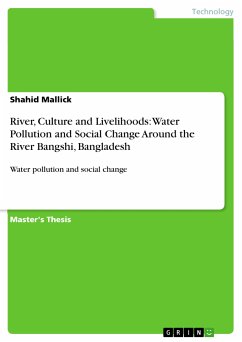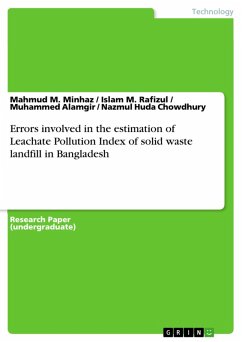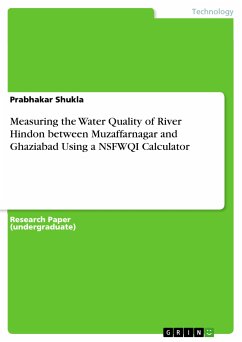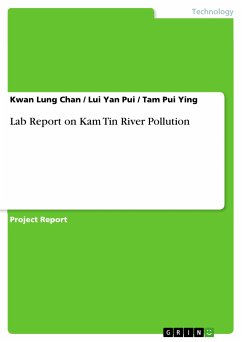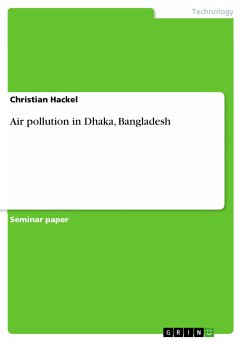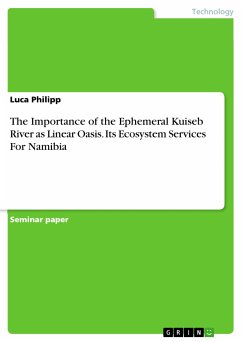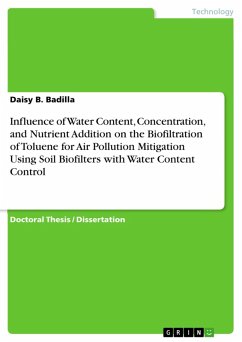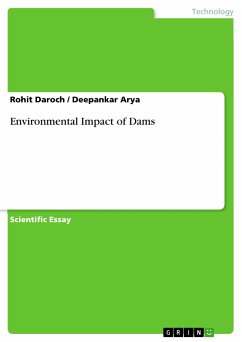Master's Thesis from the year 2012 in the subject Environmental Sciences, grade: B+ , Future Generations Graduate School, course: MA , language: English, abstract: Water is key to human survival, development progressions and success. However, the current trends of destruction of global fresh water source is alarming for sustainable development. The water use conflicts among different actors i.e. agriculture, industry and urbanization and pollution of surface/river water due to industrialization and other anthropogenic causes are too high in developing country. The 238 kilometer long Bangshi River is one of the important tributaries of the Barhamaputra-Jamuna river system in Bangladesh and main common property resource for local people particularly those of Ghughudia. The Banghsi River is being threatened because of EPZ (a special economic zone with huge tax subsidies and many other facilities to attract foreign investors) and pollution of other local industries. The concern in this study is to understand and explain how industrialization and its pollution to rivers induce social change and affects the environment, ecology and livelihoods around the River Banghsi. Two broad questions were asked and discussed 1) What are the perceptions of different actors in regards to water pollution; and 2) How can they be mobilized to reclaim therights of the common people. The grounded theory approach and qualitative methods i.e. focus group discussions (FGD), in-depth individual interview and descriptive survey were conducted. In total of 47 people were involved, not counting three FGD. Among those 30 are from the Ghughudia village and rest are out side village. The representative stakeholders groups; fishing, farmer, small business, Goala/milkman and students are from Ghughudia and the owners of industry or their representatives, government officials, political leaders, media and civil society groups are from outside Ghughudia village.
Dieser Download kann aus rechtlichen Gründen nur mit Rechnungsadresse in A, B, BG, CY, CZ, D, DK, EW, E, FIN, F, GR, HR, H, IRL, I, LT, L, LR, M, NL, PL, P, R, S, SLO, SK ausgeliefert werden.

